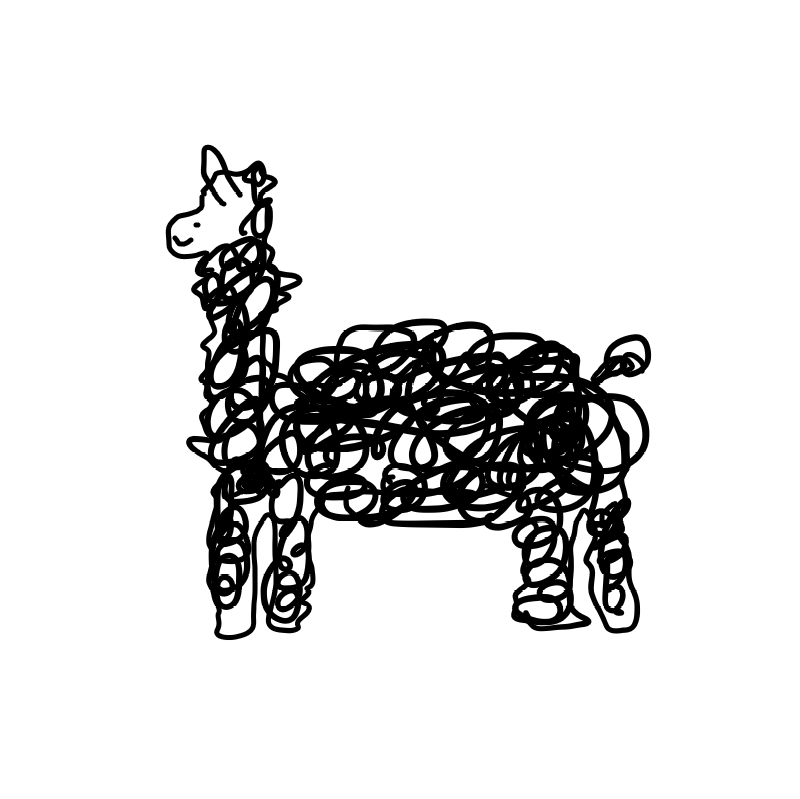1152. Analyze User Website Visit Pattern
My Answer 1: Accepted 기원.. 했지만 WrongAnswer (19 / 61 test cases passed.)
class Solution:
def mostVisitedPattern(self, username: List[str], timestamp: List[int], website: List[str]) -> List[str]:
# timestamp 기준으로 정렬
timestamp, username, website = zip(*sorted(zip(timestamp, username, website)))
dic = collections.defaultdict(list)
for i in range(len(username)):
dic[username[i]] += [website[i]]
def findPattern(website, comb):
if comb in self.patterns:
self.count[self.patterns.index(comb)] += 1
elif len(comb) == 3:
self.patterns.append(comb)
self.count.append(1)
return
if len(website) == 0:
return
for i in range(len(website)):
findPattern(website[i+1:], comb + [website[i]])
self.patterns = []
self.count = []
for k, v in dic.items():
findPattern(v, [])
# self.patterns 기준으로 정렬 -> 사전순 작은 값 반환 위해
self.patterns, self.count = zip(*sorted(zip(self.patterns, self.count)))
for i in range(len(self.count)):
if self.count[i] == max(self.count):
return self.patterns[i]-
timestamp기준으로username,timestamp,website모두 정렬 -
dic에username과website를 mapping -
findPattern함수를 만들어서 각 유저의website패턴 조합을 모두 찾기
=> 길이가 3 이 되면 패턴 추가 / 이미 존재하면 패턴 횟수count + 1 -
한개 이상의 답이 나올 경우 사전순으로 작은 값을 반환해야하므로
self.patterns기준으로self.patterns,self.count정렬 -
self.count의 max 값과 매칭되는self.patterns를 찾아서 return
a, b = zip(*sorted(zip(a, b)))=>a를 기준으로a,b동시에 정렬
1268. Search Suggestions System
Given an array of strings products and a string searchWord. We want to design a system that suggests at most three product names from products after each character of searchWord is typed. Suggested products should have common prefix with the searchWord. If there are more than three products with a common prefix return the three lexicographically minimums products.
Return list of lists of the suggested products after each character of searchWord is typed.
My Answer 1: Accepted (Runtime: 388 ms - 31.60% / Memory Usage: 16.8 MB - 98.58%)
class Solution:
def suggestedProducts(self, products: List[str], searchWord: str) -> List[List[str]]:
products.sort()
newProduct = []
for i in range(len(products)):
if searchWord[0] == products[i][0]:
newProduct.append(products[i])
ans = []
prefix = ""
for i in range(len(searchWord)):
prefix += searchWord[i]
tmp = []
for j in range(len(newProduct)):
if prefix == newProduct[j][:i+1]:
tmp.append(newProduct[j])
if len(tmp) == 3:
break
ans.append(tmp)
return ansproducts 정렬 후
searchWord 와 같은 값으로 시작하는 단어들만 newProduct 에 저장
prefix 는 searchWord 의 앞부터 한글자씩 늘려가면서 잡고
newProduct 의 0 ~ i 까지의 값과 같은지 비교
같은 값들은 tmp 에 저장하고 다 찾으면 ans 에 append
찾을 때, 3 개를 모두 찾았으면 break
